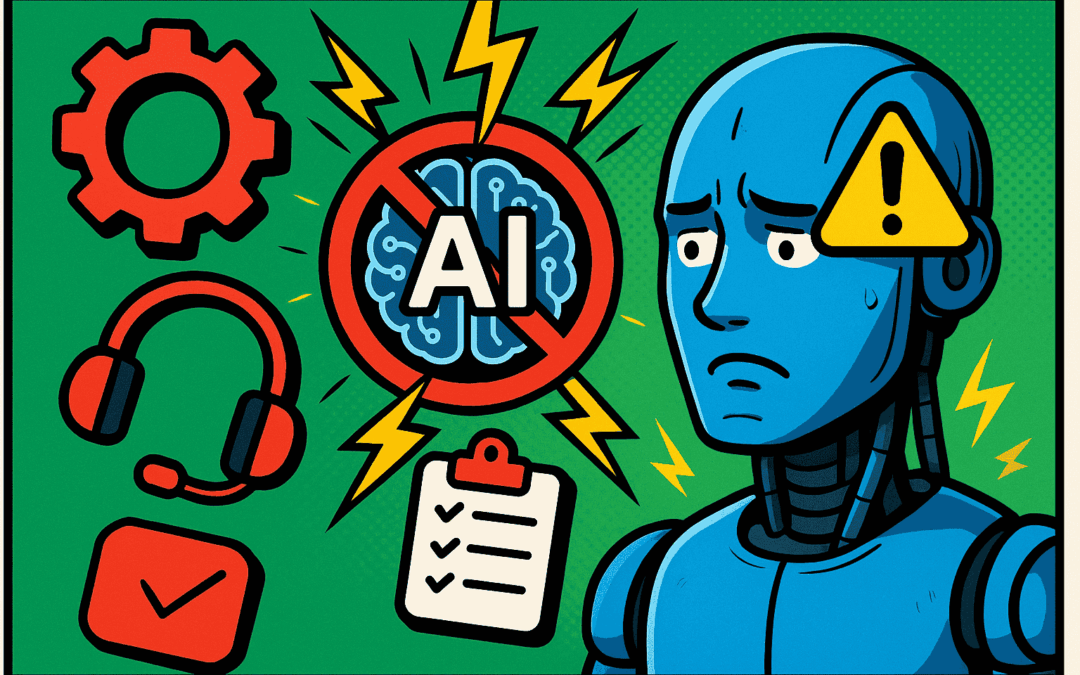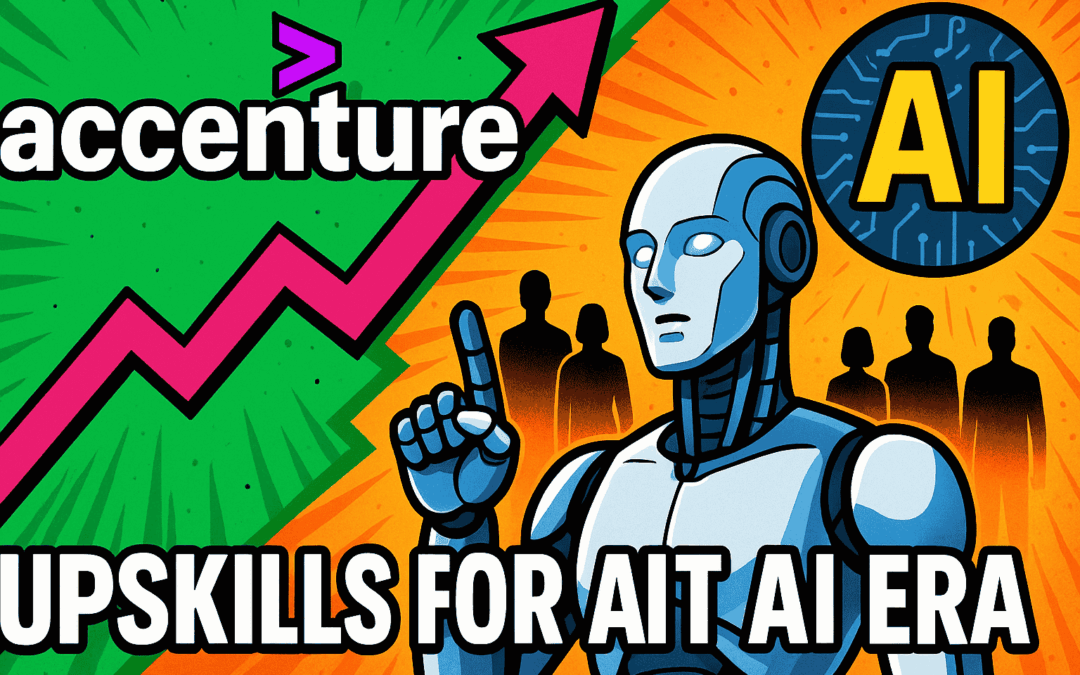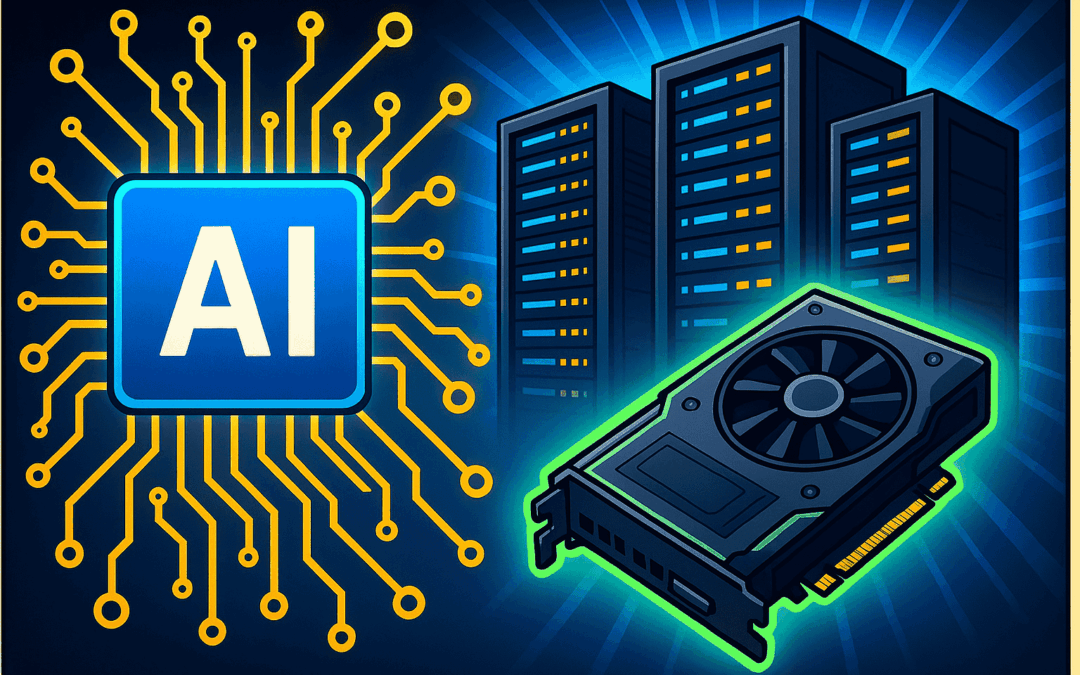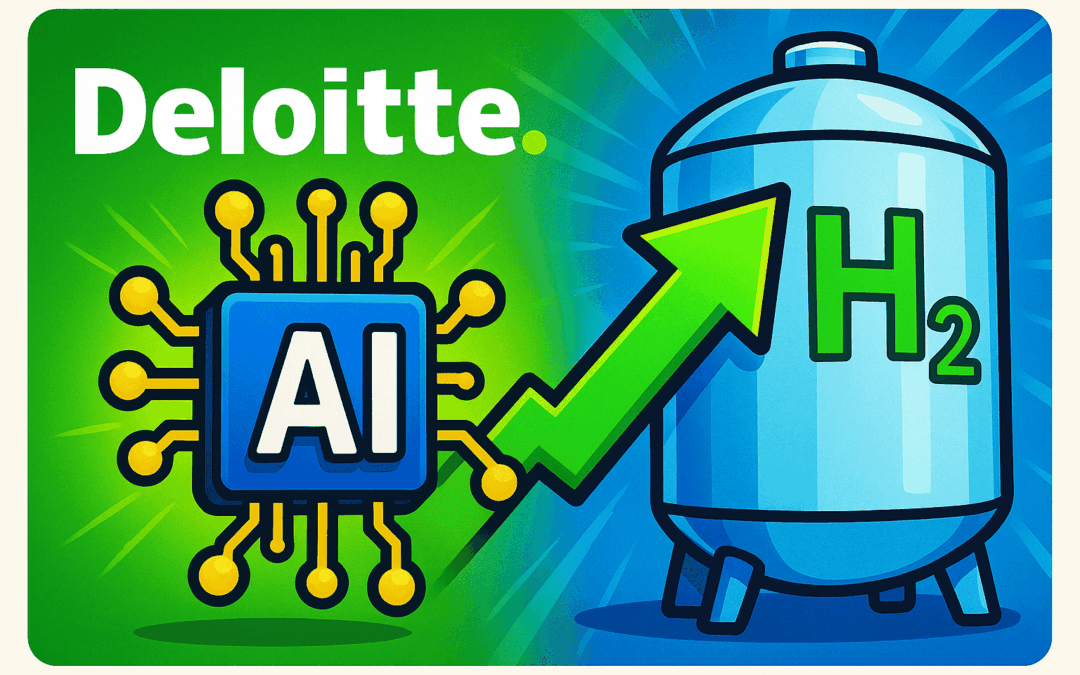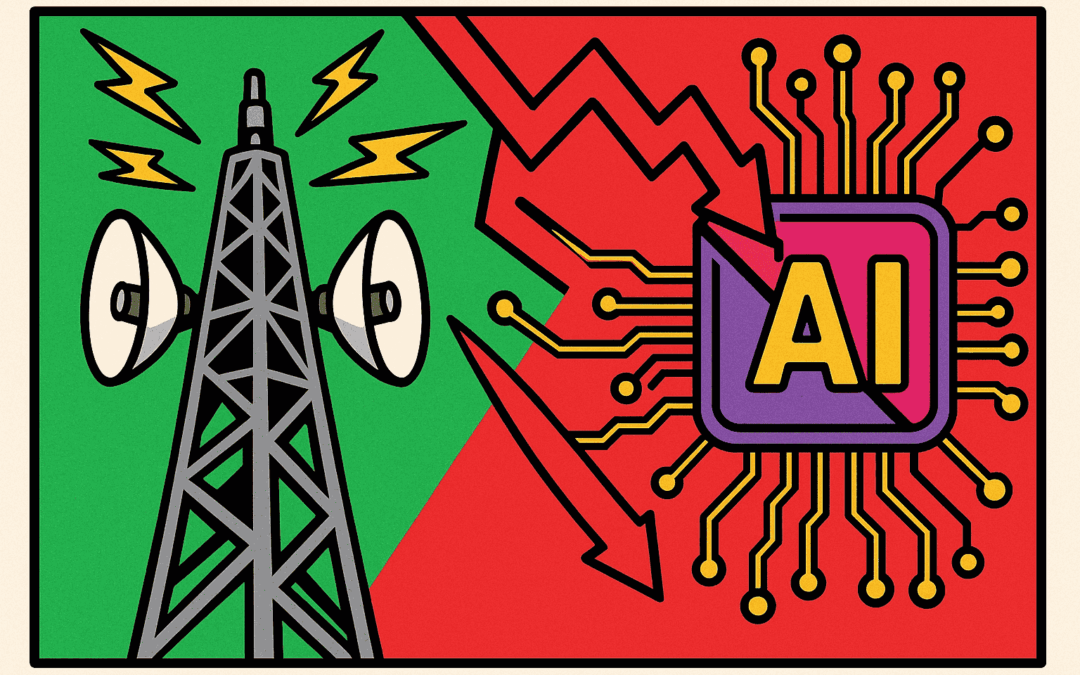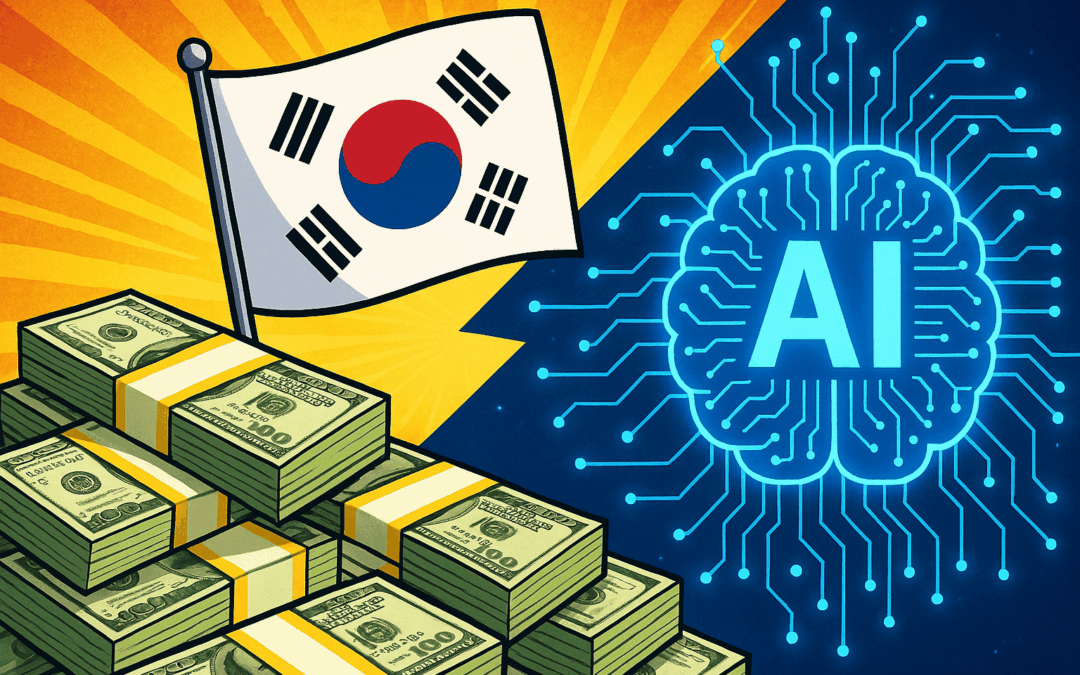Enterprises increasingly use AI and large language models (LLMs) to drive sustainability, optimize energy solutions, and accelerate net-zero ambitions.
Deloitte’s recent initiatives showcase how AI can transform hydrogen supply chains, unlock real-world efficiencies, and propel decarbonization efforts across industries.
Key Takeaways
- Deloitte leverages AI and LLMs to optimize hydrogen’s role in corporate net-zero strategies.
- Generative AI solutions help model complex energy systems and accelerate decision-making.
- AI-powered hydrogen applications promise to improve supply chain transparency for enterprises.
- The developments create significant opportunities for startups and developers in green tech and climate AI.
- Organizations adopting these tools must balance innovation benefits with governance and data strategy concerns.
Deloitte’s AI-Powered Hydrogen Strategy
Deloitte’s global energy transformation lead, Daniel Gribbin, recently detailed how the firm deploys state-of-the-art AI—including LLMs—to model, monitor, and optimize hydrogen value chains for large organizations.
According to AI Magazine and corroborated by coverage from Energy Digital and CIO, Deloitte integrates generative AI to analyze supply chain bottlenecks and simulate various net-zero scenarios, ensuring reliable scaling of green hydrogen projects.
“AI is essential for accelerating decarbonization journeys and unlocking the value of next-generation energy assets.”
The firm positions AI not simply as an analytical tool, but as a core enabler to reduce emissions, enhance resilience, and maximize the financial value of decarbonization initiatives.
Hydrogen’s integration into net-zero roadmaps relies heavily on high-fidelity modeling of demand, infrastructure, and regulatory environments, tasks that generative AI can significantly streamline.
Implications for Developers and Startups
Energy AI and generative LLM solutions present rich opportunities for product development, especially in simulation, digital twins, supply chain analytics, and predictive maintenance.
Developers can focus on scalable APIs, modular digital tools, and intelligent dashboards to augment traditional energy management systems.
The competitive landscape is wide open—startups fast-tracking hydrogen intelligence applications (such as Amp X or H2Pro) now see increased interest from corporate partners and investors seeking robust, AI-driven climate solutions.
“As enterprises embed AI in climate tech stacks, extensibility and data governance move to the forefront of enterprise concerns.”
AI for Real-World Sustainability Outcomes
Deloitte’s stance aligns with recent global trends. According to the World Economic Forum and independent research from McKinsey, AI-driven energy transition tools can decrease transition costs by up to 20%, speed up infrastructure deployment, and mitigate financial risks related to hydrogen’s volatility.
For AI professionals, use cases now emphasize system interoperability, explainability, and sector-specific models—key factors for enterprise-grade deployments in complex, regulated sectors like energy and utilities.
Challenges Ahead
While AI, LLMs, and hydrogen innovation converge at an inflection point for net-zero strategies, challenges remain. Data fragmentation, supply chain transparency, and regulatory compliance demand ongoing attention.
Leaders in the AI and generative tech spaces must prioritize responsible AI development—combining advanced modeling with transparency and security frameworks.
“The next wave of climate AI will reward those who integrate cross-domain intelligence with actionable, real-time insights.”
Conclusion
Deloitte’s AI-powered approach to hydrogen exemplifies a broader trend: leveraging advanced AI to tackle climate and sustainability challenges at scale.
For startups, developers, and enterprise tech architects, the intersection of LLMs, green hydrogen, and generative AI offers both immediate transformation and long-term opportunity—driven by innovation, collaboration, and strategic execution.
Source: AI Magazine


